Putin at 70: Isolated, irrational and worrying about his health
There was a time when the Russian President would have celebrated his birthday by heading into the wilderness for a spot of fishing. But there seems little for him to celebrate on Friday.
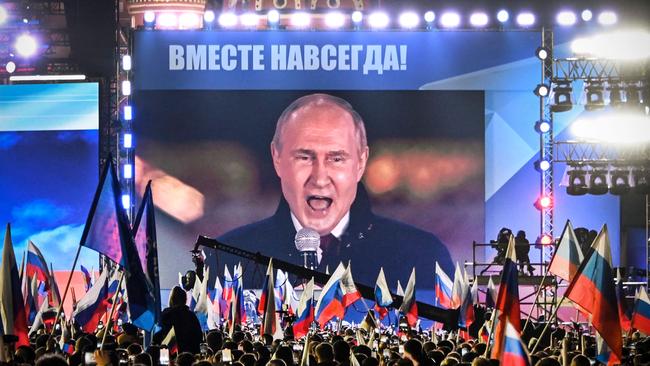
There was a time when Vladimir Putin would have celebrated his birthday by heading into the wilderness of the Siberia taiga with an old comrade, Sergei Shoigu, for a spot of fishing.
On Friday however, as he turns 70, there seems little chance of him palling up with his loyal defence minister. Not while the Russian army collapses in Ukraine. Not as hardliners grow ever more furious at the army’s failures on the front line and call for Shoigu’s scalp.
After almost three years in near-total isolation at his residences in Moscow and Sochi, Putin, who is divorced with two daughters (and an unknown number of other children from at least two lovers), is more likely to see in his 71st year with his nose in a book.
His favourite author appears to be Ivan Ilyin, a 20th-century ultra-nationalist Russian philosopher who once described fascism as a “healthy, necessary and inevitable phenomenon”.
Ilyin, who believed that the Russian people should “unconditionally love and unconditionally trust” their leader, was cited by Putin last week during a speech to announce the annexation of four regions of Ukraine. Russia’s “spirit is my spirit”, Putin said. “Its fate is my fate, its suffering is my sorrow, its flourishing is my joy.”
Sergei Shoigu, one of Putin’s staunchest allies on the home front, is under pressure from hardliners over the Russian army’s poor performance in Ukraine.
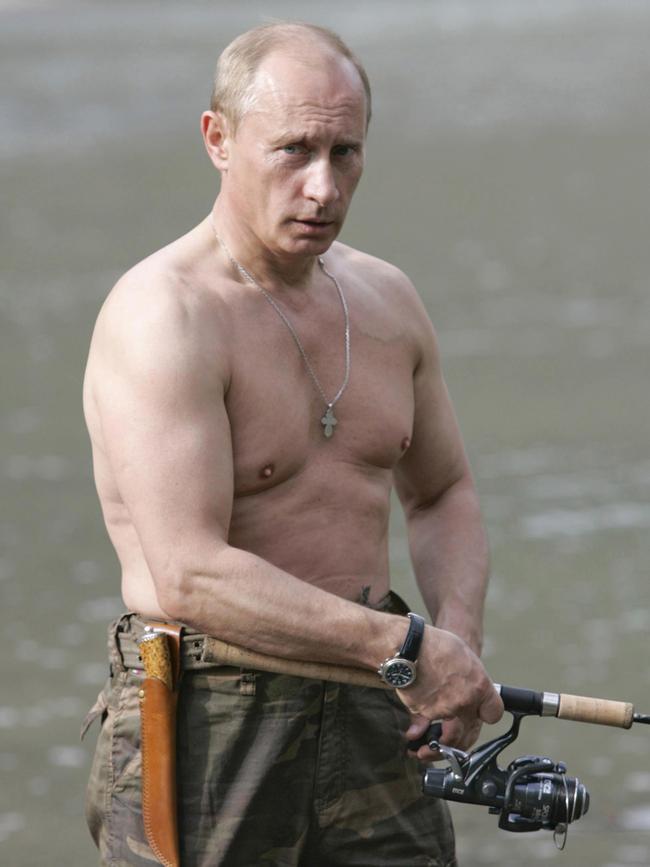
Russian families cross into Georgia at the Verkhny Lars checkpoint; among the hundreds of thousands of people who have fled the country since Putin ordered a mass mobilisation last month.
President Putin has taken great pains to project a macho image to the Russian public in the past
Yet there appears to be little flourishing in the Kremlin today. Although Putin once listened to his advisers, he now takes decisions entirely on his own. His officials are often as in the dark about his intentions as the rest of the world, said Tatiana Stanovaya, a Russian political analyst.
She cited the mixed signals from the Kremlin before Russia’s annexation of four Ukrainian regions last week, when it initially appeared that Putin would postpone his explosive move. “This was not a sign of indecision, but simply evidence that Putin does not inform anyone about his plans. Everyone was ordered to wait for his command,” Stanovaya said.
Putin, a former KGB agent, has raised fears of nuclear war to their highest level since the end of the Cold War. At a concert to celebrate the annexation in Moscow last week he lashed out at the “outright Satanism” of western countries, as well as their “overthrow of faith and traditional values”. He also made an ominous reference to the “precedent” that he said the United States had set when it dropped atomic bombs on Hiroshima and Nagasaki in 1945.
It was the most aggressive speech of Putin’s 22-year rule and prompted renewed concerns about his mental state. “How did we get to the point where our country is ruled by a crazy old man with nuclear weapons?” Ksenia Torstrem, an opposition politician in St Petersburg, wrote on social media.
Born in 1952 in St Petersburg, Putin was a self-described childhood “hoodlum” who took up martial arts at school to “assert my position in the pack”. Yet his aggression was not limited to the judo mat, with Russia’s future leader frequently scrapping it out on the streets of his home town. “I realised that in every situation, whether I was right or wrong, I had to be strong. I had to be able to answer back,” he said in 2012, as he began a third term of office.
This uncompromising approach served Putin well as he ruthlessly clamped down on the opposition, and transformed the courts, parliament and state television into his loyal puppets. But the war has sent shockwaves through his carefully managed political system.
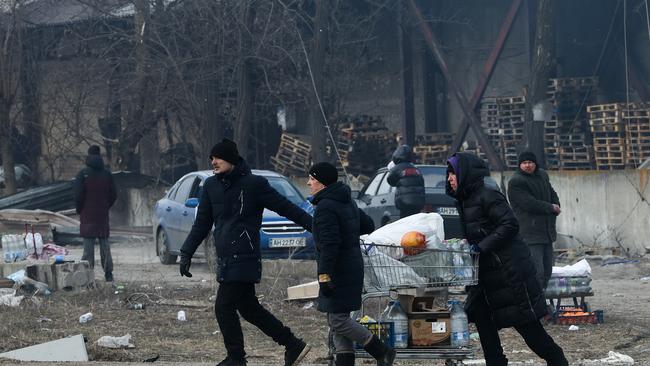
Images of Russian troops retreating in disarray have prompted anger among hardliners, who believe that Putin is too weak. The mobilisation of hundreds of thousands of men has triggered angry protests, including in Dagestan, a volatile republic in the North Caucasus region. More than 700,000 people have fled Russia in recent weeks to avoid being drafted into the army, according to Kremlin sources cited by Forbes Russia.
The escalating crisis means that Putin is increasingly indecisive and unable to impose his authority, said Abbas Gallyamov, a former Kremlin speechwriter who is now a political analyst. “No one knows what Putin is going to do, because he often doesn’t know this himself,” he said. “He has lost control. The forces he unleashed have become so powerful that he doesn’t control them, they control him.”
It is also growing increasingly unclear whether Putin listens to anyone. Highly placed sources in Moscow also painted a picture of increasing confusion and exasperation within the ruling elite. “It’s a mess. Putin tells everyone different things,” a source close to the government told Farida Rustamova, a Russian investigative journalist.
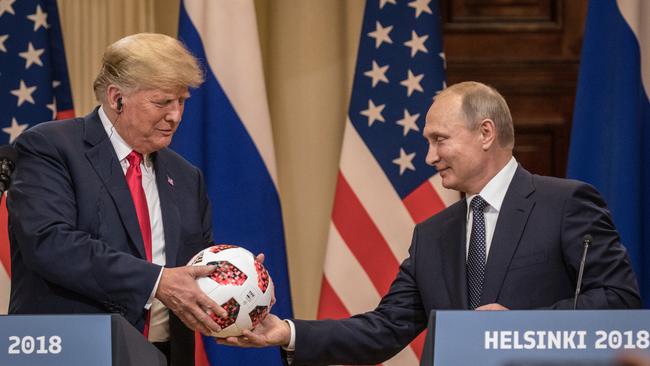
Although he retains widespread support in Russia, there is a sense that some members of the political elite have accepted that Putin’s regime may be entering its final stretch. “There’s an understanding, or a wish, that he won’t be governing the state maybe in the foreseeable future,” a source close to the Kremlin told Meduza, an opposition website.
Suspected health issues have added an element of unpredictability. Putin has been visited at least 35 times by a cancer specialist in four years, the Proyekt opposition website reported earlier this year. It claimed he had resorted to taking baths of blood from the antlers of young reindeer, a treatment that he was introduced to by Shoigu.
Putin has been seen walking with an apparent limp on a number of occasions, including during a trip to Iran in July. The average life expectancy for a man in Russia is 66, according to state statistics. However, unlike most citizens, Putin has access to the highest quality healthcare.
But he has lost the common touch that once helped him establish an emotional connection to the nation. “Putin communicates well with the people when he is winning, when he can provide a rise in living standards or the sense that they are part of a great power,” said Gallyamov. “When he has nothing to offer the people or they make demands of him, he loses interest.”
As the Russian economy buckles under the weight of western sanctions, the massive wealth enjoyed by Putin and his inner circle has the potential to stir up social tensions. Even before the war there was widespread anger when Alexei Navalny, the opposition leader, exposed Putin as the secret owner of a vast palace on the Black Sea.
The pounds 1 billion residence boasts helicopter pads, an underground ice hockey rink, a tunnel to the beach and a spa with a storage area for therapeutic mud. Its lavatories are equipped with gold-leafed Italian lavatory brushes worth pounds 650 and pounds 900 lavatory paper holders.
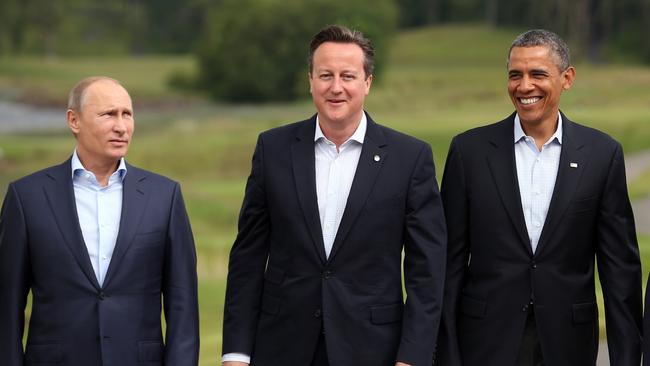
Putin was also widely mocked when he said that anyone in Russia earning over the equivalent of pounds 180 a month should consider themselves part of the Russian middle class.
At a concert in March to celebrate the invasion of Ukraine, Putin wore an Italian Loro Piana jacket worth pounds 10,000, twice the average yearly salary in some regions.
No one knows if Putin intends to use nuclear weapons to try to turn the tide of the war, but there can be few doubts that he has dug himself a hole from which it will be difficult to escape.
“He will do whatever he thinks he needs to do to save himself,” said Gallyamov. “Because if he loses power, the very best outcome for him is prison.”
The Times

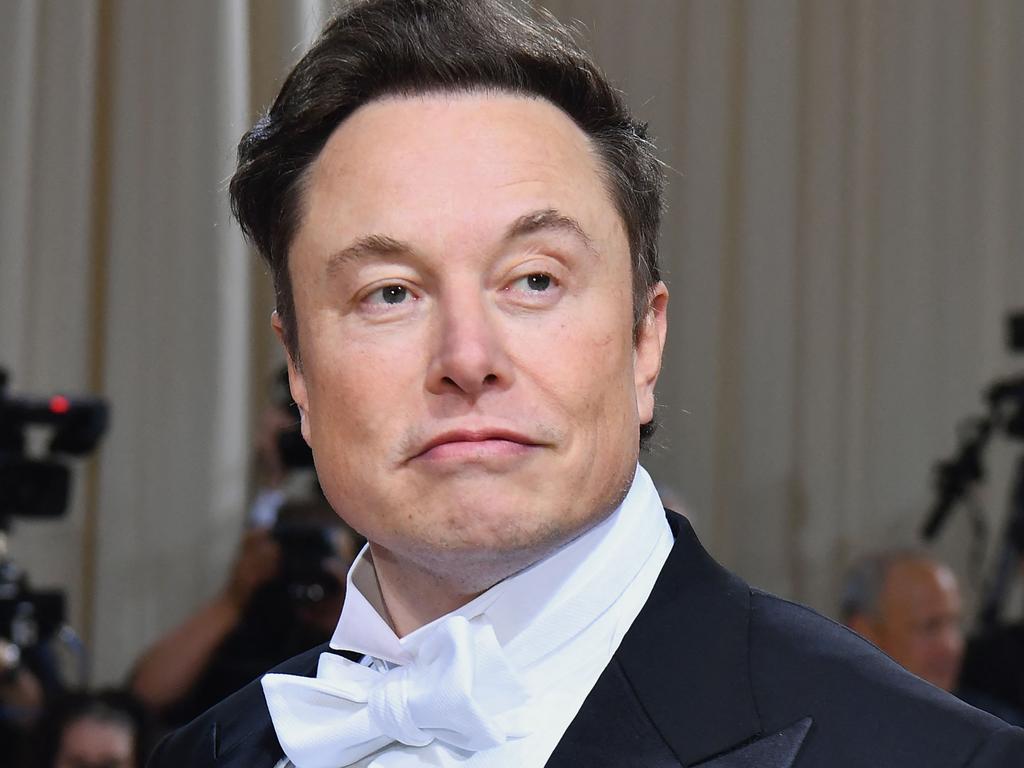
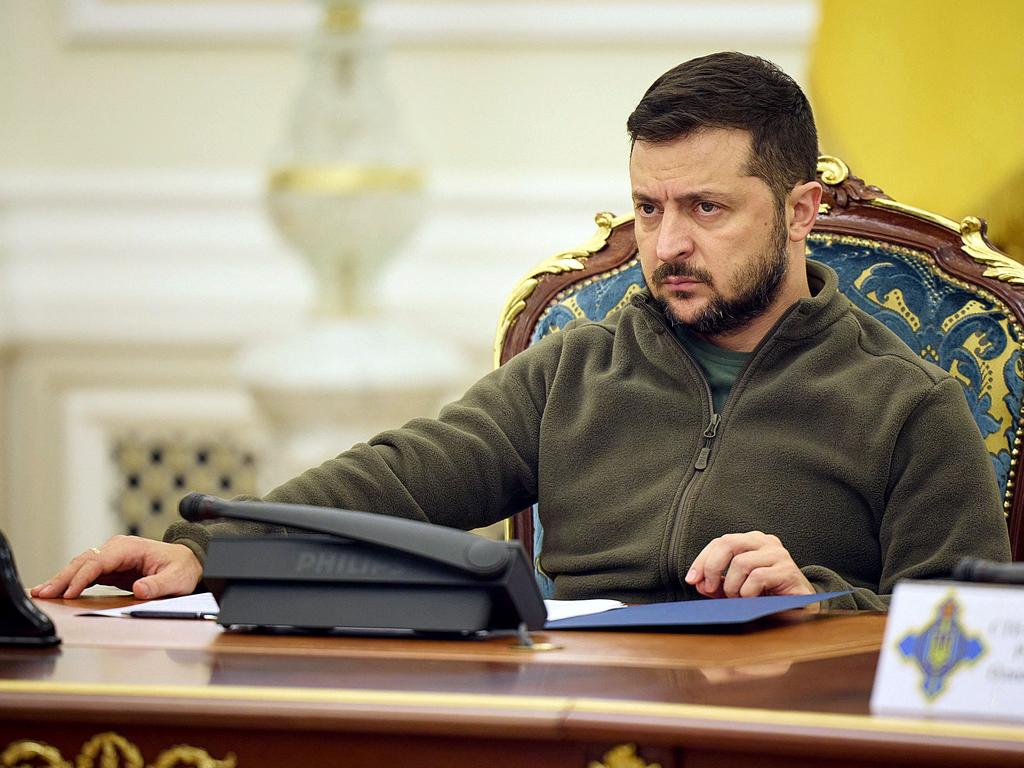




To join the conversation, please log in. Don't have an account? Register
Join the conversation, you are commenting as Logout